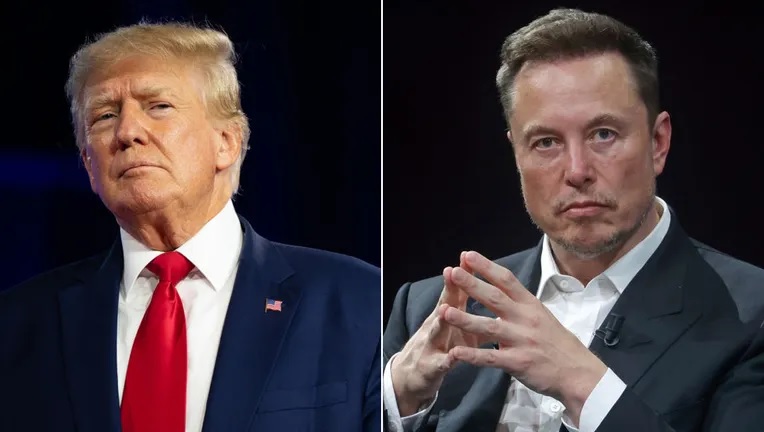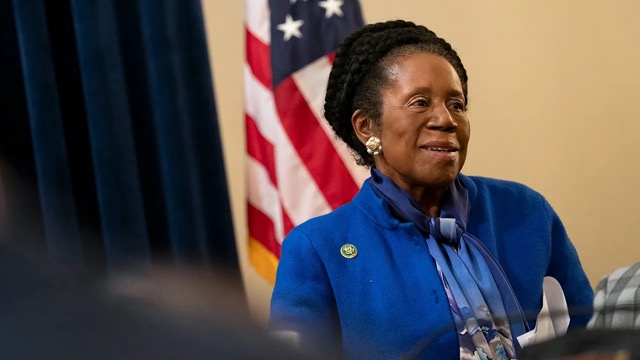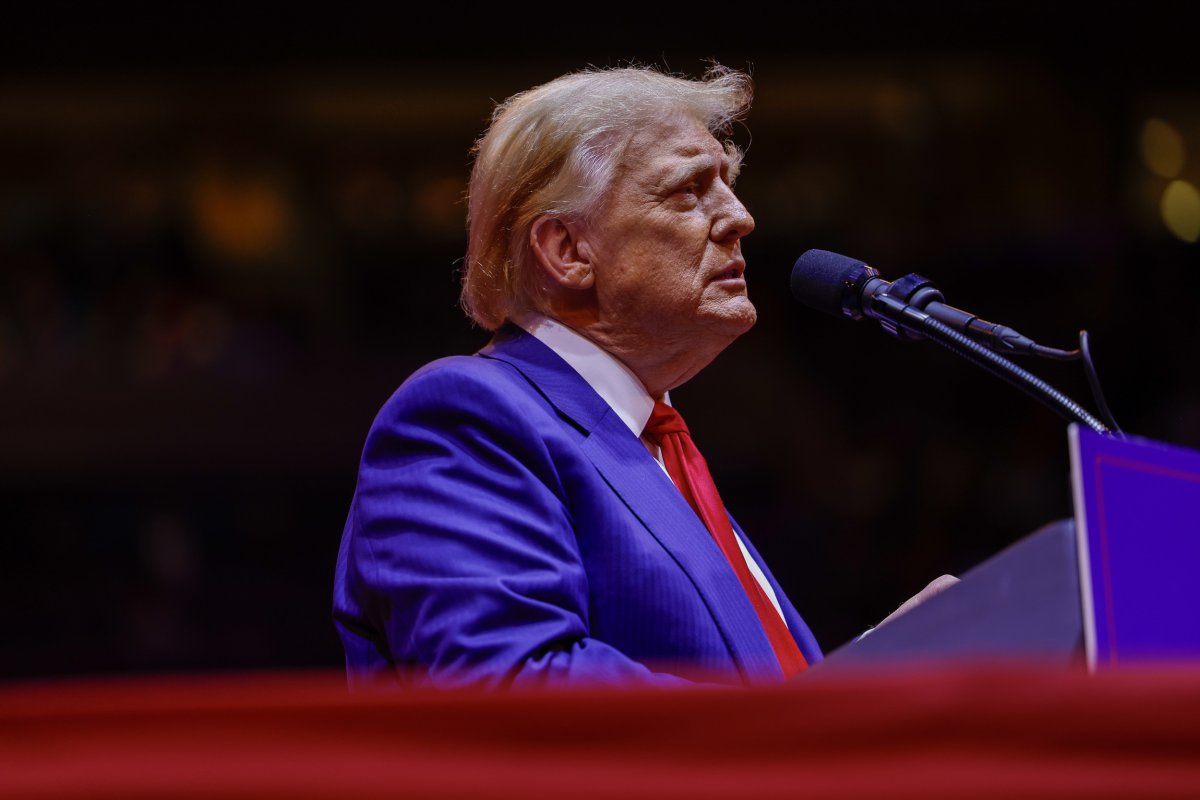When Mark Zuckerberg announced Tuesday that Meta would shut down its fact-checking program, the company promised “more speech and fewer mistakes.” However, when The Federalist sought clarification on changes to content moderation procedures, a Meta spokesperson refused to comment on the record, directing inquiries back to the company’s press release instead.
Despite requesting a phone interview to ask follow-up questions about the announcement—a routine part of reporting—the spokesperson declined. Instead, The Federalist sent several questions by email, which went unanswered. The spokesperson, known for previously representing Planned Parenthood and the Obama campaign, avoided direct responses to the following questions:
• Will the company remove strikes or demotions already imposed by its fact-checking systems, which Meta now admits were flawed?
• Will Meta disclose to users the strikes and demotions applied to their accounts?
• Is the company employing algorithmic or AI tools to limit the reach of speech or posts?
• Is Meta still taking steps to silence so-called “misinformation” now that fact-checking has been discontinued?
• Beyond “strikes” and “demotions,” is Meta using other measures to restrict users’ reach?
• Will Meta provide restitution to media outlets or accounts that lost revenue due to the failed fact-checking program?
• Will Meta release documents akin to the “Twitter Files,” revealing communications with agencies like the White House or CISA about account moderation?
The spokesperson instead referred to a Jan. 7 press release, suggesting reporters repeat company statements rather than investigate further. The release states that Meta plans to “phase in community notes” and eliminate fact-checking control, ceasing the demotion of fact-checked content while applying “less obtrusive labels.”
Meta has a history of showing bias against conservative outlets and individuals. It has directly censored The Federalist at least 11 times, suspended the Facebook account of the America First Policy Institute, and restricted Hillsdale College’s page.
When asked why users should vote for Vice President Kamala Harris or former President Donald Trump, Meta’s AI praised the Democrat while criticizing the Republican. Research indicates that such media bias can influence election outcomes.
Meta’s founder and CEO, Mark Zuckerberg, funneled $350 million in 2020 through nonprofits into election offices in predominantly Democratic areas. This funding boosted turnout in left-leaning precincts and allowed groups like the Center for Tech and Civic Life to interfere in local election processes. That same year, Meta worked with government agencies to suppress online discourse, censoring discussions about COVID-19 responses and labeling true stories, such as the New York Post’s coverage of Hunter Biden’s laptop, as “Russian disinformation.”
When The Federalist asked whether Meta would release communications regarding government pressure to silence Americans’ views, the company pointed to dashboards showing government requests for user data or content removal. Meta offered no comment on releasing specific communications akin to the “Twitter Files.”
Although Zuckerberg recently pledged to relax speech restrictions on Meta platforms, the company’s website still includes policies focused on “combating misinformation.” Additionally, Zuckerberg committed to collaborating with the incoming Trump administration to “push back” on international censorship.
Meta’s long-standing pattern of silencing Democratic opponents, funding leftist causes, and refusing meaningful engagement with non-leftist outlets contrasts sharply with Zuckerberg’s supposed pivot following Trump’s unexpected re-election.








